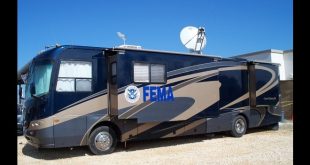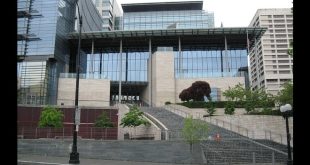The city of Grants Pass, Oregon, has laws against sleeping on public property and fined homeless people who broke these laws. A group of them sued, and the case reached the U.S. Court of Appeals for the Ninth Circuit.
In ruling against Grants Pass, the Ninth Circuit contended that the laws violated the Eighth Amendment’s prohibition against cruel and unusual punishments because the city didn’t have enough beds for the homeless.
Becket Law, a non-profit law firm that filed a friend-of-the-court brief in the case, took issue with the Ninth Circuit’s method of determining the number of beds in the city. The court did not include religious homeless shelters.
Why? From Becket Law:
Becket’s brief argues that the Ninth Circuit’s ruling relied on a misguided legal standard known as the Lemon test that the Supreme Court set aside in its 2022 decision in Kennedy v. Bremerton School District.
Lemon v. Kurtzman, a Supreme Court case decided in 1971, was precedent for many years. In the Lemon case, Pennsylvania and Rhode Island reimbursed Roman Catholic school teachers for teaching secular subjects. A group of citizens sued on the grounds that these state laws violated the Establishment Clause.
The high court adopted the three-prong Lemon test to determine whether a law violates the Establishment Clause, which states that Congress shall make no law respecting the establishment of religion. The law must have a secular purpose, the law’s primary purpose must neither advance nor inhibit religion, and the law must not result in excessive government entanglement with religion.
The Lemon test should not have existed as long as it did. The Bremerton case involving a praying high school football coach in Washington state effectively put an end to it.
Joe Kennedy prayed with players on the 50-yard-line after games. The school did not renew his contract after he refused to stop praying. The school district considered Kennedy acting as a government employee, and his prayers amounted to government speech.
The Supreme Court disagreed and ruled in Kennedy’s favor. The Free Exercise and Free Speech Clauses protect Kennedy’s post-game prayers, the court contended, and “the Constitution neither mandates nor permits the government to suppress such religious expression.”
Becket Law said that many lower courts rely on the discredited Lemon test and urged the Supreme Court to reject the Ninth Circuit’s reasoning. Courts “should apply a historical test based on what was understood as a religious ‘establishment’ at the time of the Founding,” Becket Law said.
“The Justices should remind courts that it has already banished this phantom doctrine from our nation’s law so that it can no longer haunt religious people and institutions,” said Daniel Chen, a Becket Law attorney.
Photo credit: KOMUnews (Creative Commons) – Some rights reserved
 CURE News and Clergy Blog News and Commentary for Christians
CURE News and Clergy Blog News and Commentary for Christians




We need every public and private organization available who are willing to help “clothe the naked, feed the hungry and shelter the homeless.” Far beyond the “culture wars,” in the richest and most blessed country in the world, it is a national disgrace we witness each and every day.